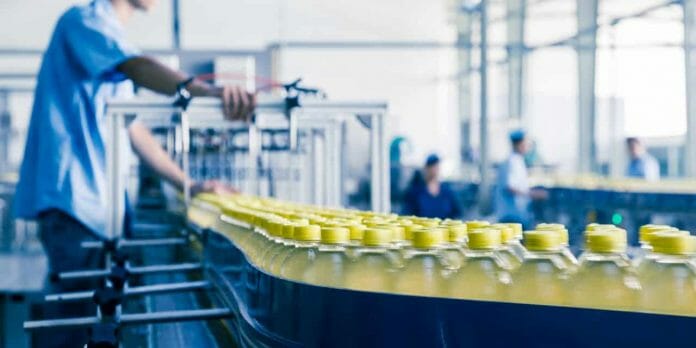According to a white paper by Tetra Pak, A Spotlight On Food Safety and Industry 4.0, as food safety moves up the global agenda, demands are being made by consumers, retailers, regulators and stakeholders to raise the level of food protection around the world.
According to the UN Food and Agriculture Organization’s (FAO) 2019 Food Safety report, unsafe food containing harmful bacteria, viruses, parasites or chemical substances, causes more than 200 diseases – ranging from diarrhoea to cancers. An estimated 600 million – almost 1 in 10 people in the world – fall ill after eating contaminated food and 420,000 die every year.
The report highlights that one of the key solutions is for the industry to start looking at opportunities like preventive food safety and quality checks. “Industry 4.0 and digital solutions allow a F&B producer to take a fresh and more sophisticated approach to the way it runs its operations,” the report stated.
As a result, Industry 4.0, smart manufacturing, the Industrial Internet of Things (IIoT) and the idea of connected manufacturing are becoming increasingly pervasive. F&B manufacturers are using robots to automate tasks, virtual reality for machine maintenance, track and trace technology for better traceability and transparency.
One area where this has been adopted to great effect is with the use of blockchain technology (record of transaction/data distribution/share and validate data) to grow trust in food safety and transparency across the supply chain making traceability much better for consumers and producers alike.
However, tough and fast-changing operating landscape prove to be challenging for many producers, with cost and the daunting task of recognising the right smart technologies that needs investing.
“The automation and integration of systems can help food manufacturers to document food safety and compliance to create transparency by tracking a product’s journey from the farm to consumers,” said Stefania Pertusi, VP of Services and Digital Solutions at Tetra Park.
Tetra Pak research also shows that between 700 million and one billion euros worth of Tetra Pak packages filled with food are destroyed every year for food quality testing purposes.
Food product recalls and customer complaints are on the up while there is also a shrinking time gap between something being produced and consumed.
According to Tetra Park, one of the solutions would be building a smart factory, , as long as the vision of the final goal is discussed at the outset. Steps can be small like adding sensors and data logging solutions which deliver many of the benefits of Industry 4.0 without the need to replace existing equipment.
Tetra Park also points that while the F&B industry is just starting to use AI, blockchain and other Industry 4.0 tech, new technology like DNA sequencing is on the horizon.
“DNA sequencing technology is maturing so that it might be able to be used economically in the manufacturing process. Potentially, it could be a revolutionary technology for the food safety industry and make it easier for producers to be proactive rather than reactive,” the report stated.
“Food manufacturers need to forge new partnerships across industries and seek new allies to navigate the new world. Together, with targeted smart technology used early in the food manufacturing ecosystem, food safety can be improved so that costly contamination and recalls can be controlled and eliminated before they become an issue,” the white paper further highlighted.









